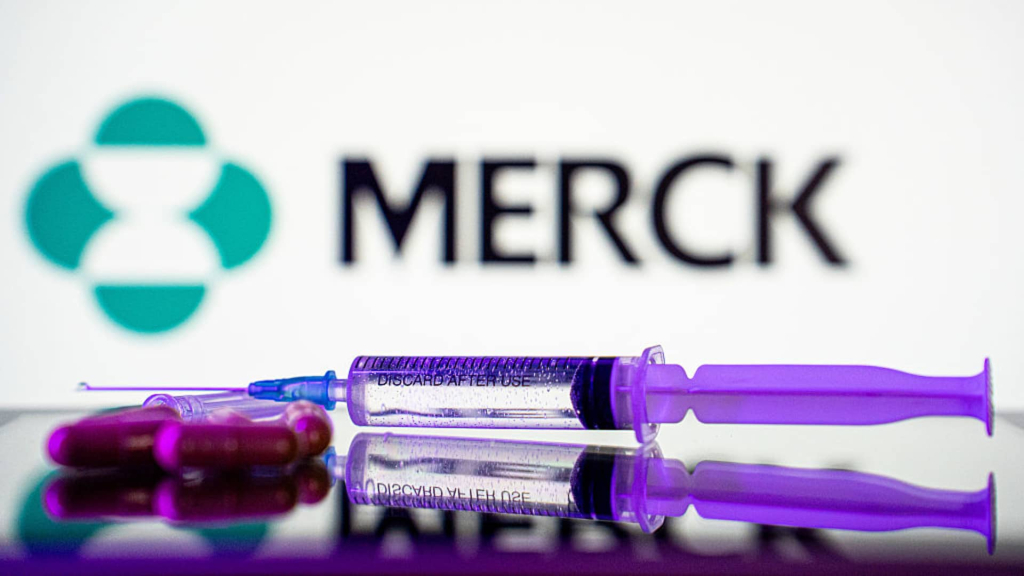On Thursday, Robert F. Kennedy Jr.’s newly restructured government panel of vaccine experts endorsed the usage of Merck’s vaccine aimed at protecting infants against respiratory syncytial virus (RSV). This decision comes as a welcome relief to public health officials and pharmaceutical companies navigating the implications of the Health and Human Services Secretary’s immunization policies.
The Advisory Committee on Immunization Practices (ACIP) also unanimously voted to include Merck’s vaccine in the official list of recommended childhood immunizations eligible for broad insurance coverage.
This favorable vote for Merck’s injectable antibody, Enflonsia, has eased concerns among drug manufacturers and healthcare professionals after Kennedy previously overhauled the panel, appointing members with known skepticism toward vaccination.
The endorsement permits Merck to introduce Enflonsia ahead of the upcoming RSV season, which typically spans from fall through spring. The vaccine is specifically recommended for infants during their first RSV season and will compete against a similar product, Beyfortus, developed by Sanofi and AstraZeneca.
Both vaccines are designed as preventive monoclonal antibodies that deliver antibodies straight into the bloodstream for immediate protection. However, they target different aspects of the virus, complicating direct comparisons.
RSV is a leading cause of hospitalization among newborns and contributes to significant mortality rates among older individuals as well as infants. In clinical trials of Enflonsia, the vaccine demonstrated an 84% reduction in RSV-related hospitalizations and a 90% decrease in hospital admissions due to lower respiratory infections among infants up to five months old, when compared to a placebo.
However, two panel members known for their vaccine skepticism, Retsef Levi and Vicky Pebsworth, opposed the recommendation, expressing concerns about the vaccine’s safety during the meeting.
Conversely, several other members defended the safety profile of Merck’s vaccine, which received FDA approval earlier this month. “These are truly remarkable products. They are safe and they’re effective, and I don’t think there’s any further data that needs to be presented,” said Dr. Cody Meissner, a pediatrics professor at the Geisel School of Medicine at Dartmouth.
Meissner further noted, “The ACIP workgroup has dedicated extensive time and effort, and the FDA has thoroughly evaluated safety and efficacy; it is simply not an issue here.” His extensive advisory experience with both the CDC and FDA lent further credence to his statements.
Experts present at the meeting, who are not ACIP members, echoed these sentiments. “This is a tremendous advance for medical science, and I urge the committee to approve and pass this resolution so that we can continue to protect our children and keep them healthy,” stated Dr. Jason Goldman, president of the American College of Physicians.
Levi, however, remained firm in his stance against the vaccine, arguing that it was not “ready to be administered to all healthy babies” and advocated for a more cautious approach.
The panel’s recommendation specifically calls for one dose of Merck’s vaccine for infants aged 8 months or younger born during or entering their first RSV season.


























